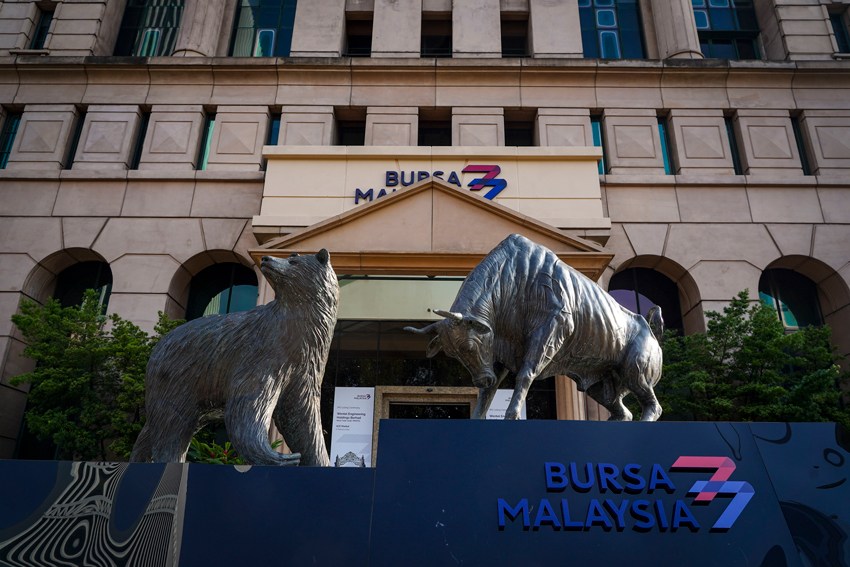YOU opened a trade, timed it well, and watched the market move in your favour. Moments later, your trading platform showed a healthy profit. But then something unexpected happened—your profit disappeared, or worse, the trade was reversed altogether.
It’s a scenario that causes confusion and frustration among traders, especially those new to the markets. So, what really happened? Can a broker just take your profit away?
The answer is yes—in certain circumstances. There are specific reasons why trades are sometimes cancelled, or adjusted. Understanding these reasons can help you avoid unpleasant surprises and build trust in the trading process.
The first thing to understand is that every trade—successful or not—must clear validation before it settles. In fast-moving markets, prices can fluctuate rapidly, and trading systems work hard to keep up with the actual price at which a trade can be executed.
Sometimes, the quote you see on your screen may not reflect the real-time market price, especially if there’s a delay or technical disruption.
If a trade is executed based on a stale or erroneous price—known as a “non-market quote”—it may be subject to reversal under industry regulations and broker policies designed to ensure fair trading.
This reflects a standard industry practice, often written into the broker’s terms and conditions.
It’s done to maintain fairness for all traders and to ensure brokers comply with agreements they hold with their liquidity providers—the institutions that actually supply the prices and execute trades.
Another common reason for adjusted profits involves the use of promotional bonuses. These bonuses—offered to support new traders—come with clear conditions, such as minimum trading volumes or limits on eligible strategies.
If a bonus is used before meeting these requirements, any profits linked to it may not be confirmed. These terms are typically detailed in the bonus agreement, so it’s important to review them before trading with bonus funds.
Technical errors can also come into play. Trading platforms rely on real-time data from global markets, and while rare, issues like server interruptions or delayed price feeds can occur.
If a trade is executed during one of these anomalies and the resulting price doesn’t match the actual market conditions, the trade may be reviewed and, in some cases, cancelled.
These actions follow clearly defined procedures designed to protect market integrity and ensure fairness for all traders.
In certain cases, trades are reversed due to the use of restricted strategies, such as high-frequency scalping or the use of trading bots on accounts where such behavior is not allowed.
Each broker defines these conditions differently, depending on the account setup and platform capabilities. To avoid any issues, it’s important to check which strategies are permitted under your account.
If a strategy is used outside these terms, the trade may be flagged during routine compliance checks and subject to adjustment.
It’s no wonder that one of the most common support questions brokers receive is: “Why was my profit cancelled?” The key takeaway is that it’s always governed by mundane procedures.
Brokers, particularly regulated and transparent ones, face strict audits and potential fines for unfair trade adjustments. Their role is to facilitate your trades, not to profit from your losses.
When trades are reversed, it’s typically because something occurred outside the bounds of standard trading conditions—whether it was a price glitch, a rule violation, or a system anomaly.
For traders, the best protection is awareness. Carefully reading your broker’s terms and conditions, avoiding trades during high-volatility moments, and ensuring a stable connection can go a long way in preventing surprises.
And most importantly, remember that a profits only become final once trades meet all conditions and are confirmed by the platform. ‒ June 9, 2025
Main image: Freepik









